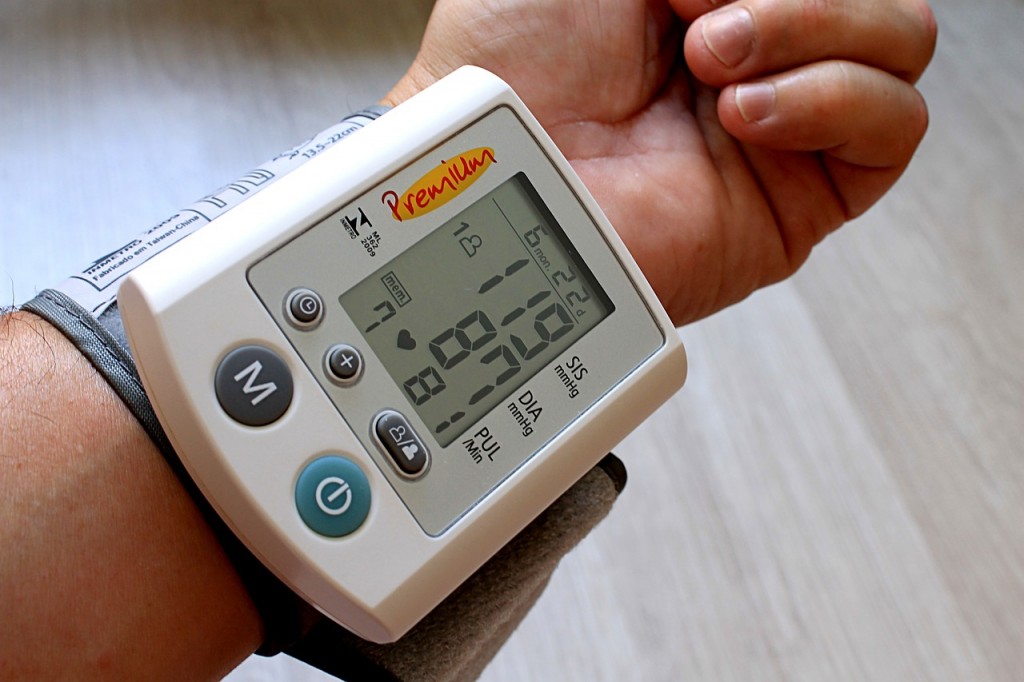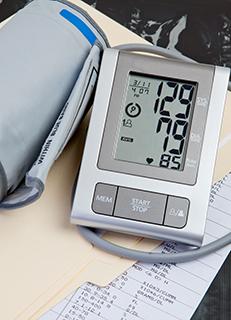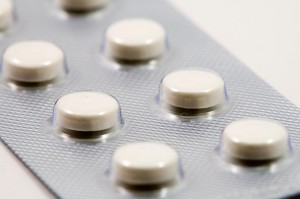September 2003 � Reducing the amount of sodium in a person's diet does not -- as some scientists have proposed -- increase blood cholesterol and triglyceride levels, researchers reported at the American Heart Association's 57th Annual High Blood Pressure Research Conference.
In the largest study of its kind, scientists looked at what happened when volunteers ate three levels of sodium: a "high" level typical of that eaten daily by most Americans; an "intermediate" level similar to the maximum recommended intake; and a "low" level roughly half of the "intermediate" level.
Consuming high amounts of sodium has been shown to increase risk for high blood pressure. Table salt (sodium chloride) is about 40 percent sodium.
The study reported on 09/25 examined lipid data acquired during the Dietary Approaches to Stop Hypertension (DASH)-Sodium Trial, which was conducted at four U.S. medical centers between September 1997 and November 1999. The National Heart, Lung and Blood Institute sponsored the study.
"The main goal of the DASH-Sodium Trial was to test the effects of sodium intake on blood pressure in two distinct diets," said lead author Lawrence J. Appel, M.D., professor of medicine at the Johns Hopkins University School of Medicine in Baltimore.
Continue Reading Below ↓↓↓
The DASH diet emphasizes eating fruits, vegetables and low-fat dairy products and reduced amounts of red meat, fats and cholesterol. It is widely recommended to help people prevent or reduce high blood pressure and to lower the risk of heart disease. The study team reported in early 2001 that the DASH diet together with low sodium intake reduced blood pressure substantially.
Several small studies had previously suggested that extreme reductions in sodium would increase a person's lipid levels and thus, increase the risk of a heart attack or stroke.
"The DASH-Sodium trial also provided an unusual opportunity to examine the effects of sodium intake on lipids," Appel said. "We had a larger sample size than any other study that has examined this issue, and we did it in a very rigorous fashion."
The finding that blood lipid levels showed no notable increases among people on any of the three sodium intake levels is significant for the nation's battle against hypertension.
"It is important because there are public health recommendations to reduce sodium intake to prevent or lower high blood pressure. Some people have claimed that harmful effects of sodium reduction on lipids might negate the beneficial effects on blood pressure, and there are some who say that could be harmful," said Appel. "Our results are persuasive: sodium reduction to the recommended level or lower has no effects on lipids."
The results reported on 09/25 came from 390 (94.7 percent) of the 412 DASH-Sodium Trial participants for whom complete lipid data were available. Participants included people with high and normal blood pressure. High blood pressure is 140/90 millimeter of mercury (mmHg) or higher.
"This was a clinical trial in which we provided, in a controlled setting, food that had a specific nutrient content," Appel said. Participants were randomized to one of two diets.
One group ate the DASH diet. The second group ate a diet more like a typical American diet -- lower in fruits, vegetables and dairy products and higher in meat, fats, and cholesterol.
Study participants stayed on their assigned diet. But every 30 days, the sodium level changed. The three daily sodium levels (per 2100 Calories) were 3,450 milligrams (mg), 2,300 mg, and 1,150 mg. Fasting lipids were obtained at the end of each 30-day period.
"Basically, we found that there was no change in total cholesterol, low-density lipoprotein (LDL) cholesterol, high-density lipoprotein (HDL) cholesterol, or triglycerides with any of these amounts of sodium," Appel said.
Continue Reading Below ↓↓↓
Co-authors are David W. Harsha, Ph.D.; Frank M. Sacks, M.D.; Laura P. Svetkey, M.D.; Eva Obarzanek, Ph.D.; George A. Bray, M.D.; Mikel Aickin, M.D.; Paul R. Conlin, M.D.; Edgar R. Miller, M.D., Ph.D.; and Pao-Hwa Lin, Ph.D.
Source: American Heart Association









